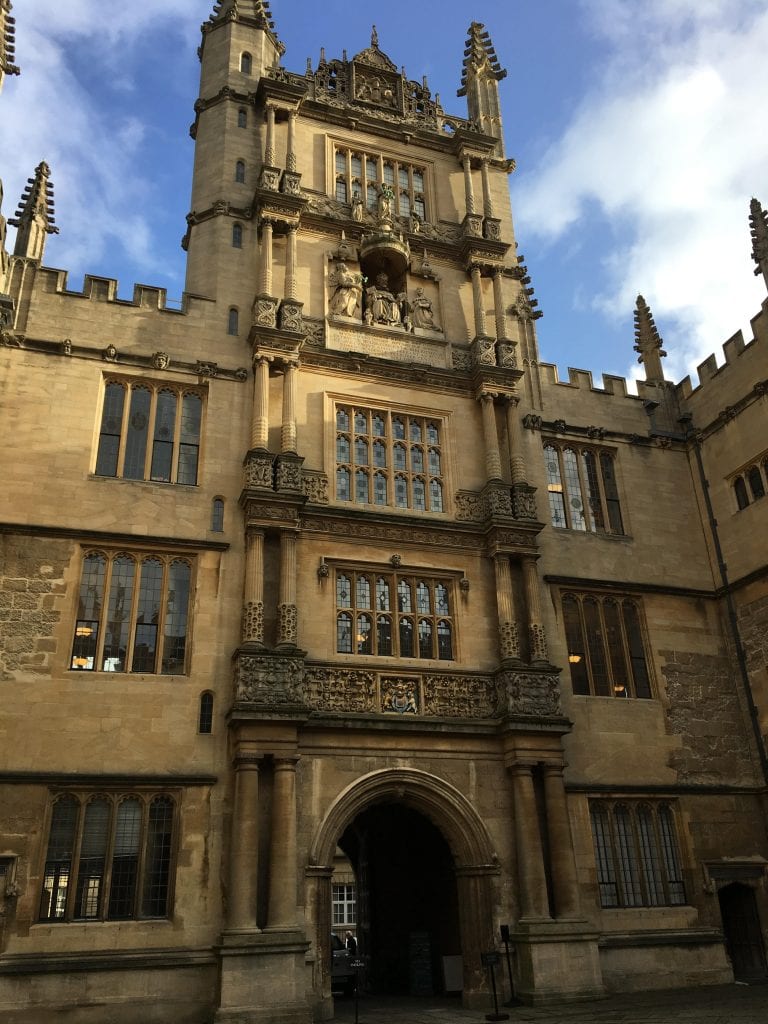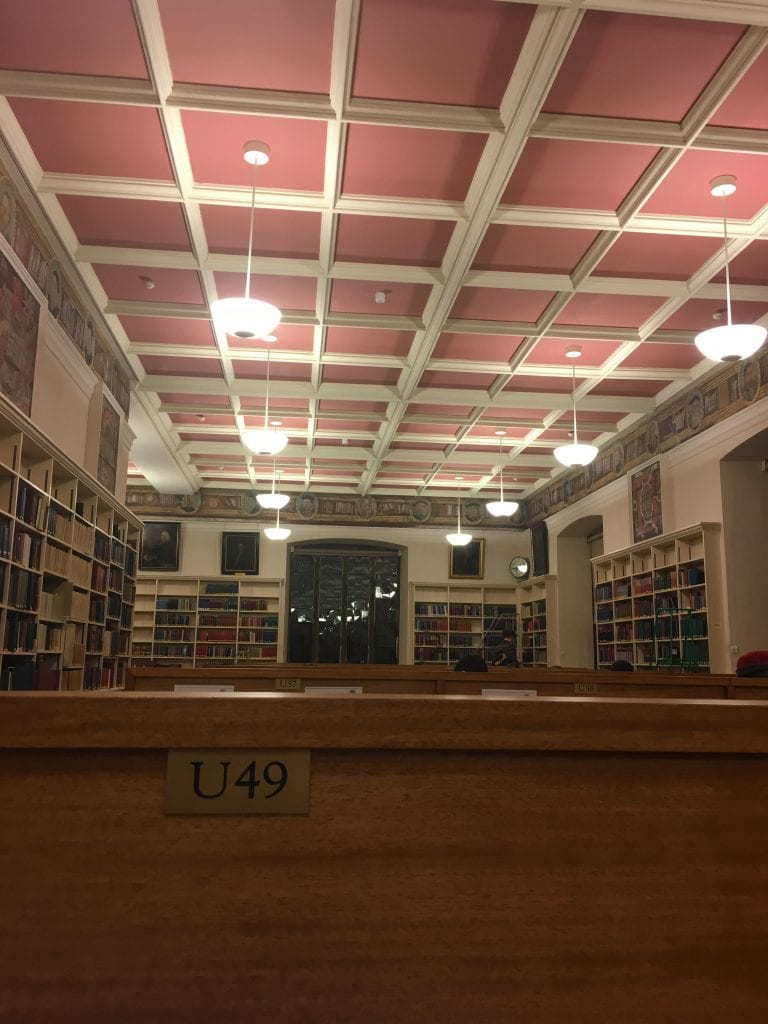By ltchouaffe
People always say that you never know who you are or how you will act until you get yourself in a situation or environment that tests that. I truly think that goes the same for identity. You never know who you are until you go to a country that is different from yours in every single way. It is there that you will truly think about what makes up you and why you are the way you are.
In America, there is huge emphasis on diversity and knowing where your family comes from. One may be like me, whose parents came to America in the 90s and therefore directly knows and is impacted by their culture. And then you have those who are third and fourth generation American but still proudly call themselves Irish, for example. You may be American but you are a certain type of American.
In France, for the most part that is not true. Once you are French citizen, you are French. It doesn’t matter if your family has lived in France for six generations or just arrived ten years ago, If you have a French citizenship that is it and nothing more.
This idea in the American community has its pro and cons. For one thing, America prides itself in the plethora of cultures and identities that make up the fifty states. Afterall, at the end of the day no matter what one may say, the America that we know, is made up of immigrants from around the world who come to its shores for many reasons. Even in various communities such as schools, we celebrate cultural days. In my own personal community, the fact that I am Cameroonian-American has been something looked greatly upon and something that I should always be encouraged to embrace.







